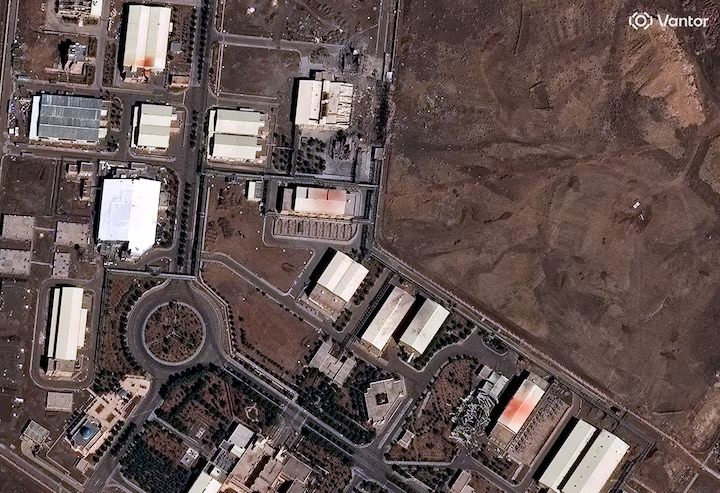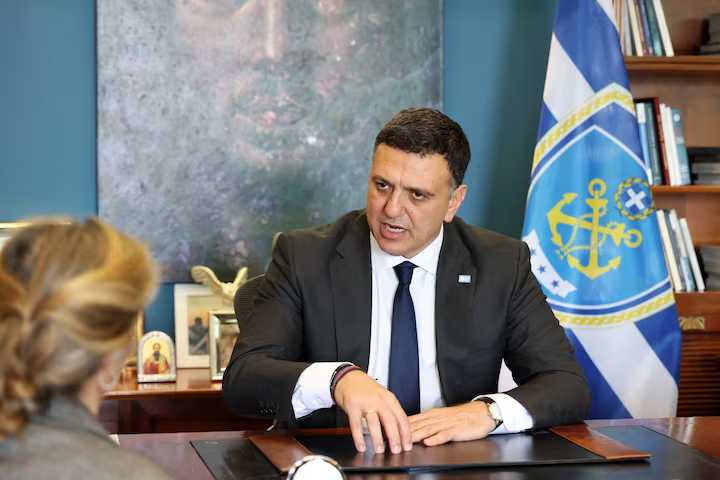
Toronto city council has approved several kilometres of new bike lanes despite a number of mayoral candidates saying they would stop the installation if elected.
The plan approved on Wednesday includes the installation of close to 8.6 kilometres of new bikeways, including along a stretch of Bloor Street West from Runnymede Road to just east of Kipling Avenue.
Ex-Toronto police chief and mayoral candidate Mark Saunders has pledge to deprioritize the Bloor Street West bike lane expansion if he were to be elected. Saunders has also said he would remove bike lanes on University Avenue, reverse the decision to make the Yonge Street bike lanes permanent, and immediately suspend all bike lane expansions.
Former MP Olivia Chow remains the frontrunner in the race for mayor with less than two weeks to go until the byelection. Chow, an avid cyclist herself, has said bike lanes are a vital addition to the city’s transportation network.
Coun. Stephen Holyday argues that many residents in the west-end are opposed to the new bikeways along Bloor.
“There’s advocacy signs all over the place urging council not to vote for the bike lanes along Bloor,” he says. “People are looking at that and saying ‘this is ridiculous.’”
Other councillors have contended that bike lanes are necessary for a modern city. Coun. Chris Moise pointed out the growth of bikeshare in Toronto is an indication of the value of cycling in the city.
“I was amazed to see how many people were actually on bikes, it’s a beautiful sight,” said Moise. “We have to change with the times.”
The seven leading mayoral candidates are participating in another televised debate on Thursday evening as the mayoral race enters its final stretch. The debate will focus on key campaign issues such as housing, public safety and traffic congestion. Chow is expected to take the brunt of attacks as she maintains a steady lead in the polls.
Joining the top pack of candidates is former Toronto Sun columnist Anthony Furey, who had not been included in a number of previous debates but has gained some traction among voters according to recent polls. Furey, much like Saunders, has also vowed to stop new bike lanes should he be elected mayor.
The new bikeways approved by city council include the following:
Bloor Street West Complete Street Extension (toronto.ca/BloorWest)
Bloor Street West from Runnymede Road to Resurrection Road
Bartlett-Havelock-Gladstone Cycling Connections (toronto.ca/NartlettHavelockGladstone)
Gladstone Avenue from Dundas Street to Peel Avenue
A new traffic signal at Dufferin Street and Peel Avenue
Cabbagetown Cycling Connections (toronto.ca/CabbagetownCycling)
Gerrard Street from Parliament Street to Sumach Street
Sumach Street from Wellesley Avenue to Gerrard Street
Sackville Street from Wellesley Avenue to Gerrard Street
Winchester Street from Parliament Street to Ontario Street
Ontario Street from Carlton Street to Aberdeen Avenue
Sheppard Avenue East Complete Street (toronto.ca/SheppardAvenueEast)
Sheppard Avenue East from Clairtrell Road to Leslie Avenue
Superior Avenue (toronto.ca/MimicoMobilityPlan)
Superior Avenue from Lake Shore Boulevard West to Stanley Avenue
“There is a critical need for safe and connected bikeways in Toronto and I am thrilled that we are on track to meet Council’s goal to deliver 100 kilometres of new bikeways by 2024,” said Deputy Mayor Jennifer McKelvie in a statement. “Expanding cycling options is the right thing to do to ensure safer roads and more ways for people to move around our city.”
A total of 17 kilometres of new bike lanes are currently under construction across the city. The city says there were nearly 100 kilometres of new bikeways installed from 2018 to 2022.







